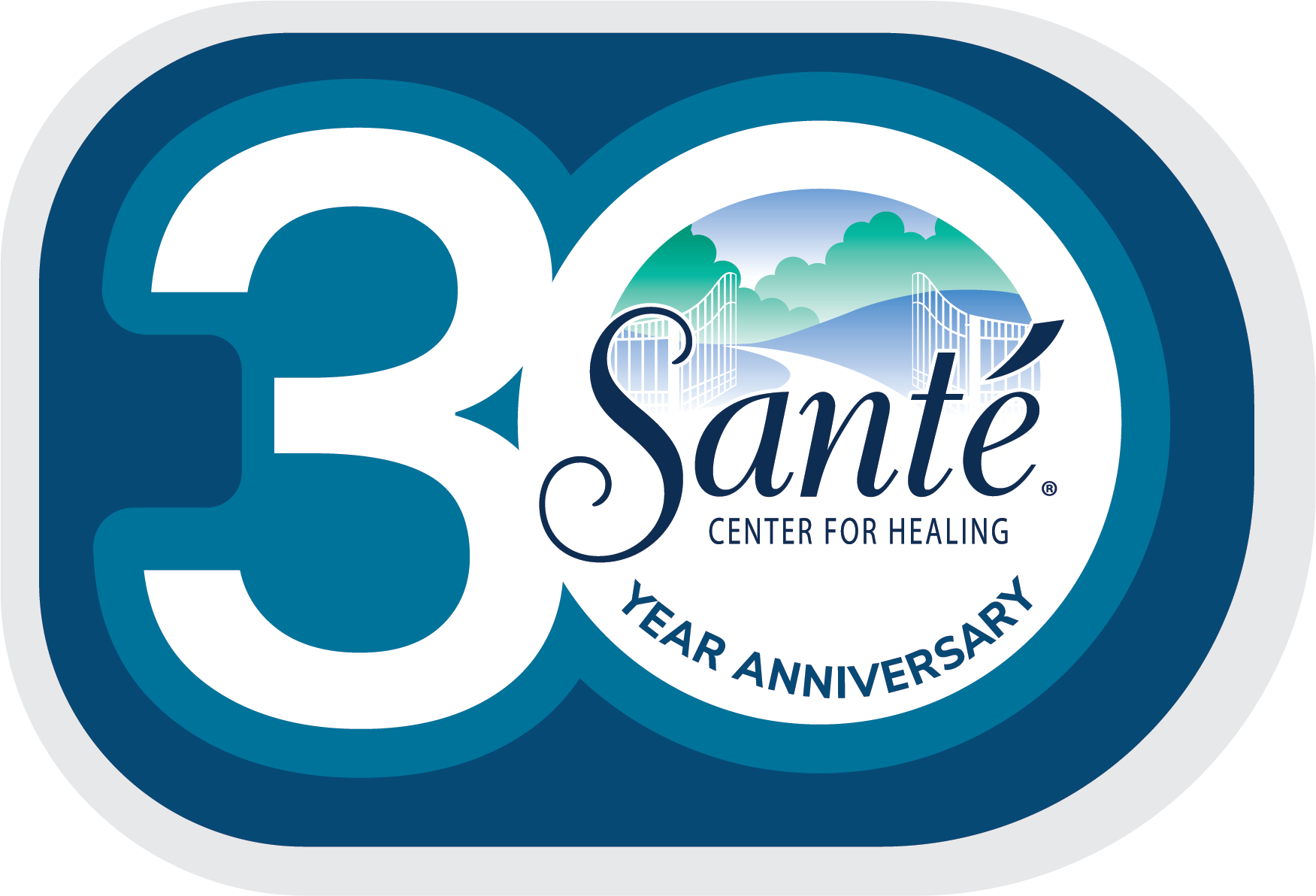Eye movement desensitization and reprocessing (EMDR) therapy is an effective form of psychotherapy used in addiction treatment, especially when a trauma has been experienced. In addition to having a therapist administer the therapy and engage in the more traditional talking through feelings and triggers, other sensory stimulation is used, specifically following eye movement.
This can be even more effective for those who have difficulty sharing their feelings verbally. A trusted medical professional or professional treatment center like Santé Center for Healing can best guide you on what an EMDR therapy program looks like and what the options are in your area.
What Is EMDR Therapy?
EMDR therapy was first designed to treat post-traumatic stress disorder (PTSD) and has since been adopted as an effective means of addressing addiction and associated traumas. Through this type of sensory psychotherapy, the brain is able to heal from trauma and negative influences.
A traumatic event can put a wrench in the wheel of cognitive processing, making it hard—and sometimes near impossible—to move past the event. This place of being stuck is very unhealthy, and why people turn to drugs or alcohol as a way to self-medicate and try and fix the issues the brain is having processing trauma.
Having the eyes follow an object repetitively from right to left while thinking about the trauma helps break the cycle and allows the brain to process the negative associations to focus on more positive and constructive things in one’s life.
Benefits of EMDR Therapy
There are many benefits of EMDR therapy to treat addictions and mental health disorders. As related to substance use disorders, it can reduce cravings and reduce the risk of relapse.
Additional benefits of EMDR therapy include:
- Renewed self-confidence
- Learned coping skills to manage triggers in everyday life
- Emotional insight
- Being able to rebuild and form stronger relationships
- The ability to process memories associated with a trauma
- Developing effective problem-solving skills
- Performing better at work or school
- Being able to better manage emotions
As a practice, trauma therapies, in general, have proven highly effective. It can be difficult to fully express one’s feelings. Offering alternative non-verbal therapies—like EMDR—makes it easier to do this through other sensory stimulation. Rewiring the brain and being able to process traumas and move forward creates lasting change for the better.
Who Needs EMDR Therapy?
EMDR therapy can be beneficial for individuals who have experienced traumatic events or are struggling with distressing memories that continue to affect their daily lives. While it is best known for treating post-traumatic stress disorder (PTSD), EMDR has been proven effective for a broad range of mental health issues.
People who have difficulty processing past experiences or those seeking alternative methods to traditional talk therapy may find EMDR particularly useful. By targeting the root of emotional distress, this therapy helps reprocess and resolve traumatic memories, enabling individuals to live healthier and more balanced lives. EMDR is a powerful tool designed to address not just trauma but many interconnected mental health concerns.
Conditions frequently treated by EMDR therapy include:
- Post-traumatic stress disorder (PTSD)
- Anxiety and panic disorders
- Depression
- Phobias
- Grief and loss
- Chronic pain
- Addictions
- Eating disorders
- Stress related to recent or childhood trauma
With its broad applicability, this evidence-based treatment approach offers many people a chance to heal and regain a sense of well-being.
EMDR Therapy and Addiction Treatment
EMDR is one of many therapies that can be used as part of treatment for addiction and any co-occurring mental health disorder.
Therapies can include:
- Family therapy
- Individual therapy
- Group therapy
- Cognitive-behavioral therapy (CBT)
- Dialectical behavior therapy (DBT)
- EMDR therapy
- Experiential therapies during recovery
- Neurofeedback therapy
- Psychotherapy
- Psychodrama therapy
- Ropes course therapy
- 12-step program
The most holistic approach to treatment is one where a customized plan is developed for each individual client. At Santé Center for Healing, our compassionate, professional team provides individualized care and treatment that best meets your goals.
Enroll in the EMDR Therapy Program at Santé Center for Healing
If you are a Texas resident wondering what kind of therapy is right for you, you should consult with a medical professional through your own doctor’s office or a professional treatment center like Santé Center for Healing.
EMDR therapy can be used as part of a holistic treatment plan alongside other behavioral and traditional talk therapies. Customizing the treatment plan to each person’s unique needs is the key to successful treatment and recovery.
Help is just a phone call away, so call the treatment team at Santé Center for Healing at 866.238.3154 or complete the online form to learn more about treatment options and get on the road to recovery.


